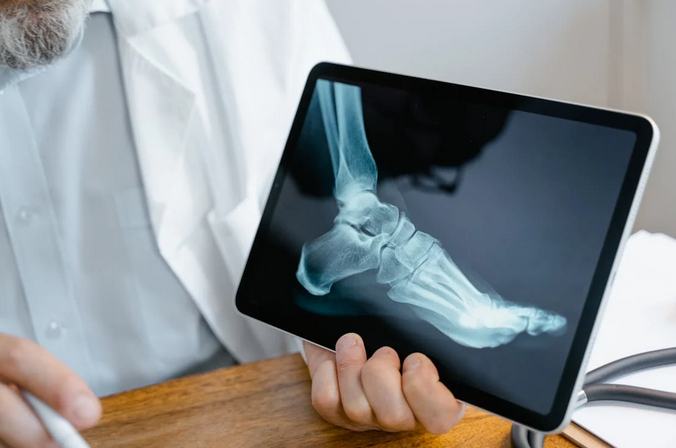
Navigating the World of Semaglutide: How to Choose the Best Medication for You
Navigating the vast world of diabetes medications can be overwhelming, but fear not – we’re here to help you find the perfect fit. Today, we’re diving into the realm of semaglutide and all its benefits, helping you choose the best medication for your unique needs. Say goodbye to confusion and hello to clarity as we guide you through this important decision-making process. Let’s get started.
Understanding Semaglutide
Before diving into considerations, it is crucial to understand the basics of semaglutide. As a GLP-1 receptor agonist, semaglutide works by mimicking the action of a natural hormone, glucagon-like peptide-1 (GLP-1). This hormone helps regulate blood sugar levels and plays a role in appetite control. Semaglutide is primarily prescribed for managing type 2 diabetes and, more recently, for weight loss.
Consultation With Healthcare Professionals
Initiating semaglutide medication should always begin with a consultation with healthcare professionals. General practitioners, endocrinologists, or specialists in metabolic health can assess an individual’s health status, medical history, and specific needs. This initial consultation lays the foundation for making informed decisions about the appropriateness of semaglutide and determining the right dosage.

Type of Semaglutide Medication
Two prominent semaglutide medications currently in use are Ozempic and Wegovy. Ozempic is primarily prescribed for managing type 2 diabetes, while Wegovy is specifically indicated for weight loss. Understanding the intended use of each medication is crucial. Healthcare professionals will guide individuals in selecting the right semaglutide medication based on their health goals and medical conditions.
Dosage Considerations
Semaglutide medications come in various dosages, and finding the right one is a personalized process. The prescribed dosage may vary based on the individual’s health status, response to the medication, and specific health goals. Healthcare professionals carefully assess these factors to tailor the dosage, ensuring optimal effectiveness and minimizing the risk of side effects.
Monitoring and Adjustments
Regular monitoring of the individual’s response to semaglutide is crucial for ensuring long-term efficacy. Periodic check-ups with healthcare professionals allow for the assessment of blood sugar levels, weight loss progress, and any potential side effects. Based on these assessments, healthcare providers can make necessary adjustments to the dosage or recommend complementary strategies to enhance the overall effectiveness of semaglutide.
Adherence and Administration
Adherence to the prescribed semaglutide regimen is vital for achieving optimal results. Whether it’s Ozempic or Wegovy, following the recommended administration guidelines is crucial. Ozempic is typically administered as a subcutaneous injection once a week, while Wegovy is administered weekly or monthly. Establishing a consistent routine and adhering to the recommended schedule ensures the medication’s effectiveness.
Potential Side Effects
As with any medication, semaglutide can have potential side effects. Nausea, vomiting, diarrhea, and changes in appetite are common side effects. Individuals need to be aware of these potential reactions and communicate any concerns with healthcare professionals. Managing side effects may involve adjustments to the dosage, changes in administration, or incorporating additional strategies to enhance tolerability.
Lifestyle Considerations
Integrating semaglutide into daily life involves considering lifestyle factors. Healthcare professionals work with individuals to align medication usage with daily routines, meal times, and physical activity. This collaborative approach ensures that semaglutide seamlessly integrates into an individual’s lifestyle, promoting adherence and overall success in achieving health goals. In conclusion, getting the right semaglutide medication involves a collaborative approach between individuals and healthcare professionals. Understanding the mechanism of semaglutide, consulting with healthcare providers, choosing the appropriate type and dosage, regular monitoring, adhering to administration guidelines, recognizing potential side effects, and integrating medication into daily life are all crucial components.


